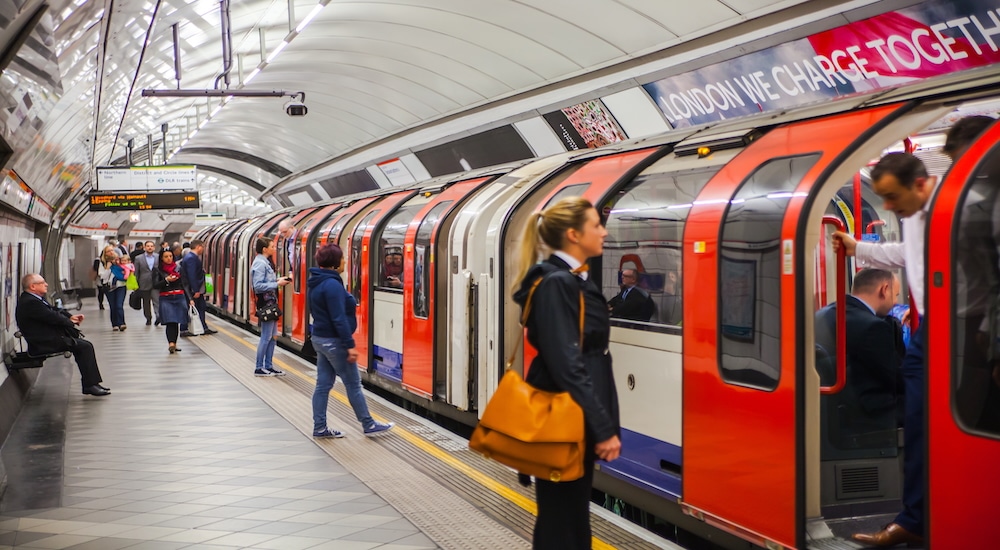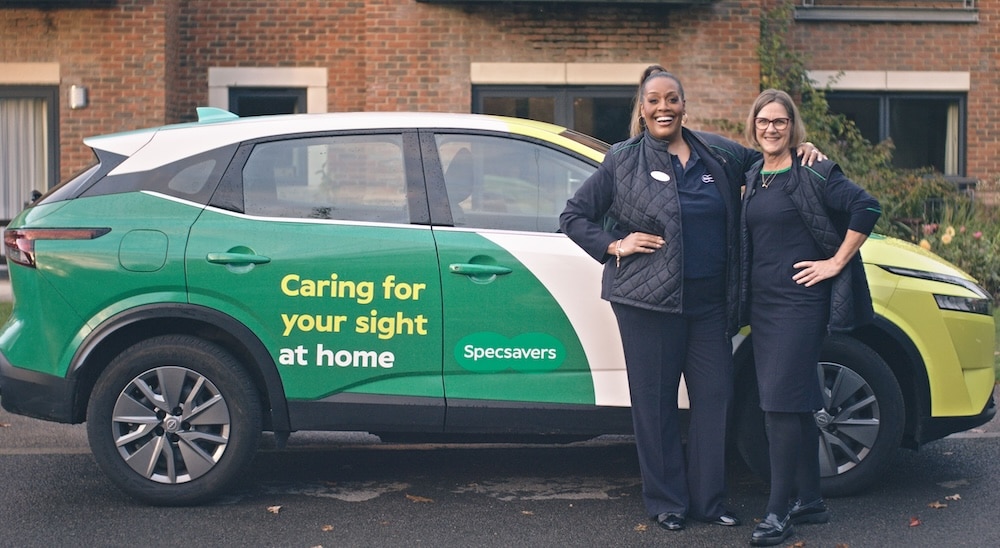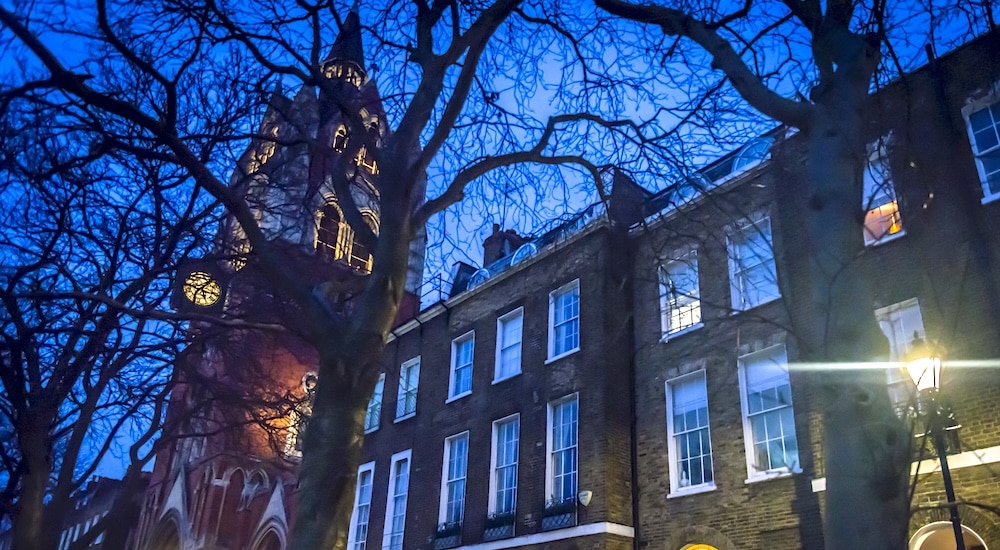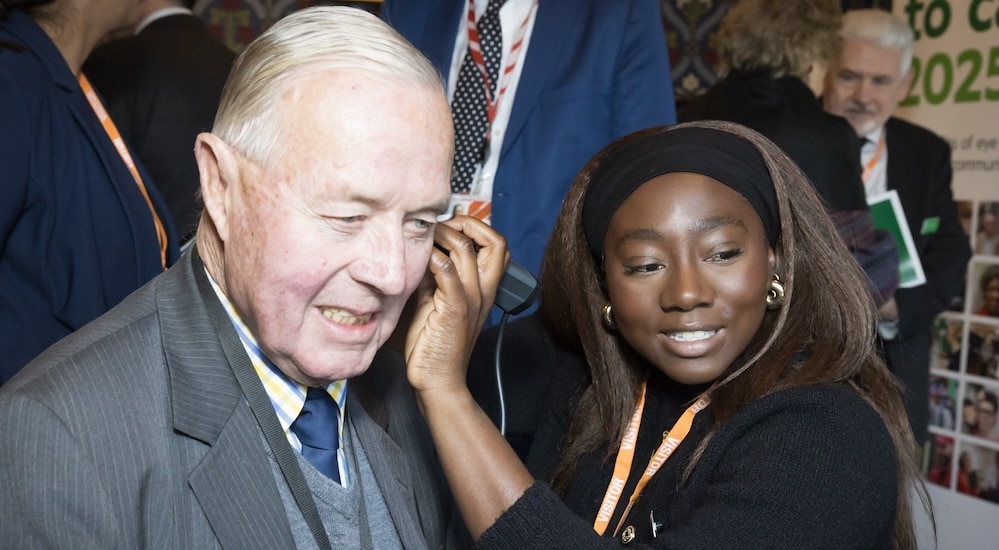Public largely unwilling to help deaf people on UK public transport - survey
Deaf Awareness Week is an annual event celebrating the deaf community and raising awareness of the challenges experienced by people who are deaf or have hearing loss. In 2025, the week begins with disquieting research data showing disregard for this community.

Deaf Awareness Week gets under way Monday, May 5 with news of disheartening new research from the Royal National Institute for Deaf People (RNID) revealing a British public much less likely to offer help to people with hearing loss than to other passenger groups.
Results of research conducted by Censuswide, among a sample of 2,000 respondents aged 18-plus, and gathered between April 3 and 7, 2025 delivered the following headline results:
- Only 65% of the public surveyed said they would help someone wearing a hearing aid, compared to 83% who would assist a wheelchair user, 80% who would help an older person, and 79% who would help a pregnant person on public transport (the figures combine the answers likely and very likely).
- Nearly 1 in 5 (19%) surveyed said they would avoid someone who is deaf or has hearing loss on public transport, and more than 1 in 5 (21%) felt it wouldn’t be their responsibility to try and communicate with someone who is deaf or has hearing loss on public transport (combines strongly agree and somewhat agree).
Uncertainty is a factor in the public not engaging with deaf people
While the findings show the worrying extent to which deaf people face challenges whilst travelling or using public transport, the research also suggests that many members of the public want to help but are held back by uncertainty, revealed the RNID.
Two in five (41%) people surveyed said they are worried about getting it wrong or coming across as patronising (40%) if they did try to communicate, and over a third (36%) said they are unsure how to communicate effectively with someone who is deaf or has hearing loss.
“This research highlights a concerning issue: the fact that deaf people and those with hearing loss are significantly less likely to receive help from the public in places like train stations. A big reason for this is not a lack of compassion, but a lack of confidence. Many people are simply unsure how to offer support,” explained Teri Devine, Associate Director of Inclusion at RNID.
“We also know from previous research that the majority of deaf people or people with hearing loss, do want people to interact with them and support them if needed,” continued Devine, who added a timely framing of the relevance of the group’s push for greater awareness: “With more people taking advantage of the warmer weather and spring bank holidays to get out and about – this is the perfect time to be more deaf aware on public transport and places like train stations. By making small changes to how we communicate, we can make a huge difference and help send the message that it does matter.” The RNID has published a report – It Does Matter – on public attitudes towards deaf people and those with hearing loss.
Celebrities help RNID push to make public more deaf aware
As part of the campaign this year, RNID has also teamed up with a host of well-known names who are sharing their lived experiences of being deaf of having hearing loss, including singer songwriter KT Tunstall, Love Island’s Tasha Ghouri and Tyrique Hyde, actor and writer Samantha Baines, presenter Scarlette Douglas, and musician Zak Abel.
Source: RNID
 Sign in
Sign in

